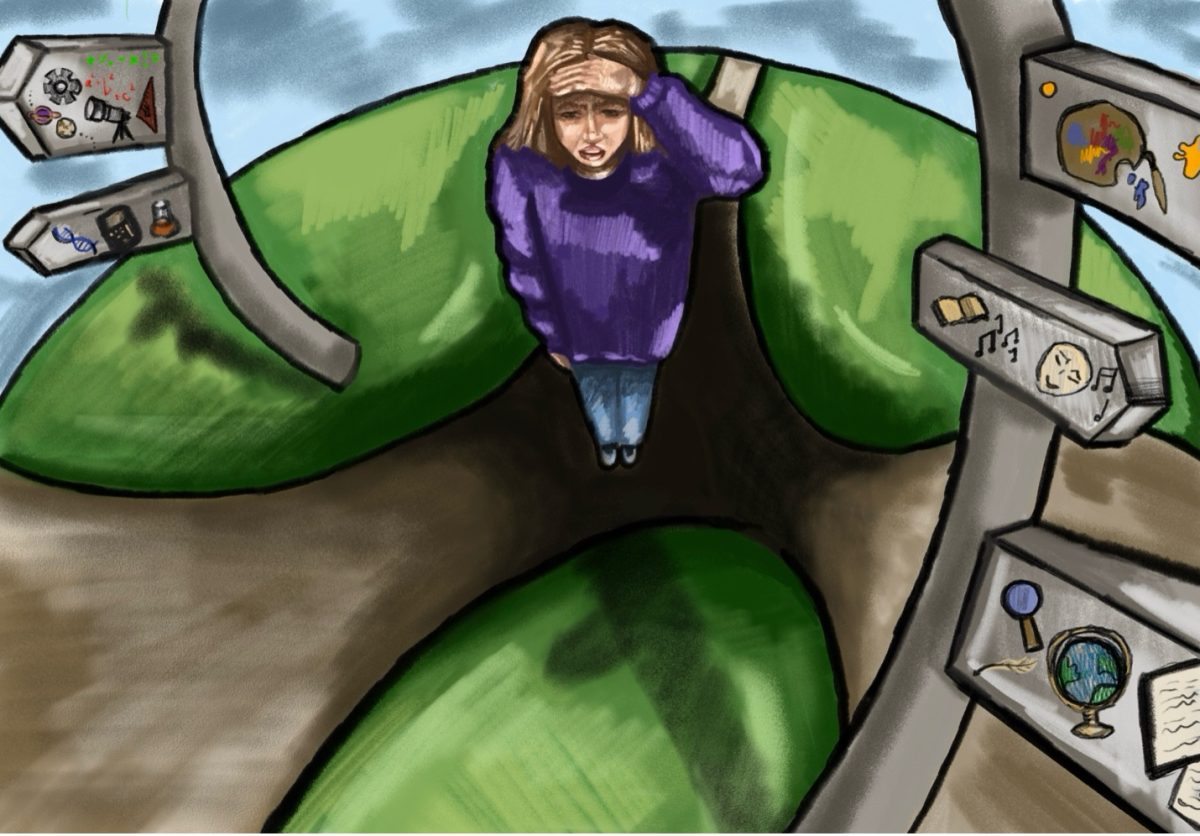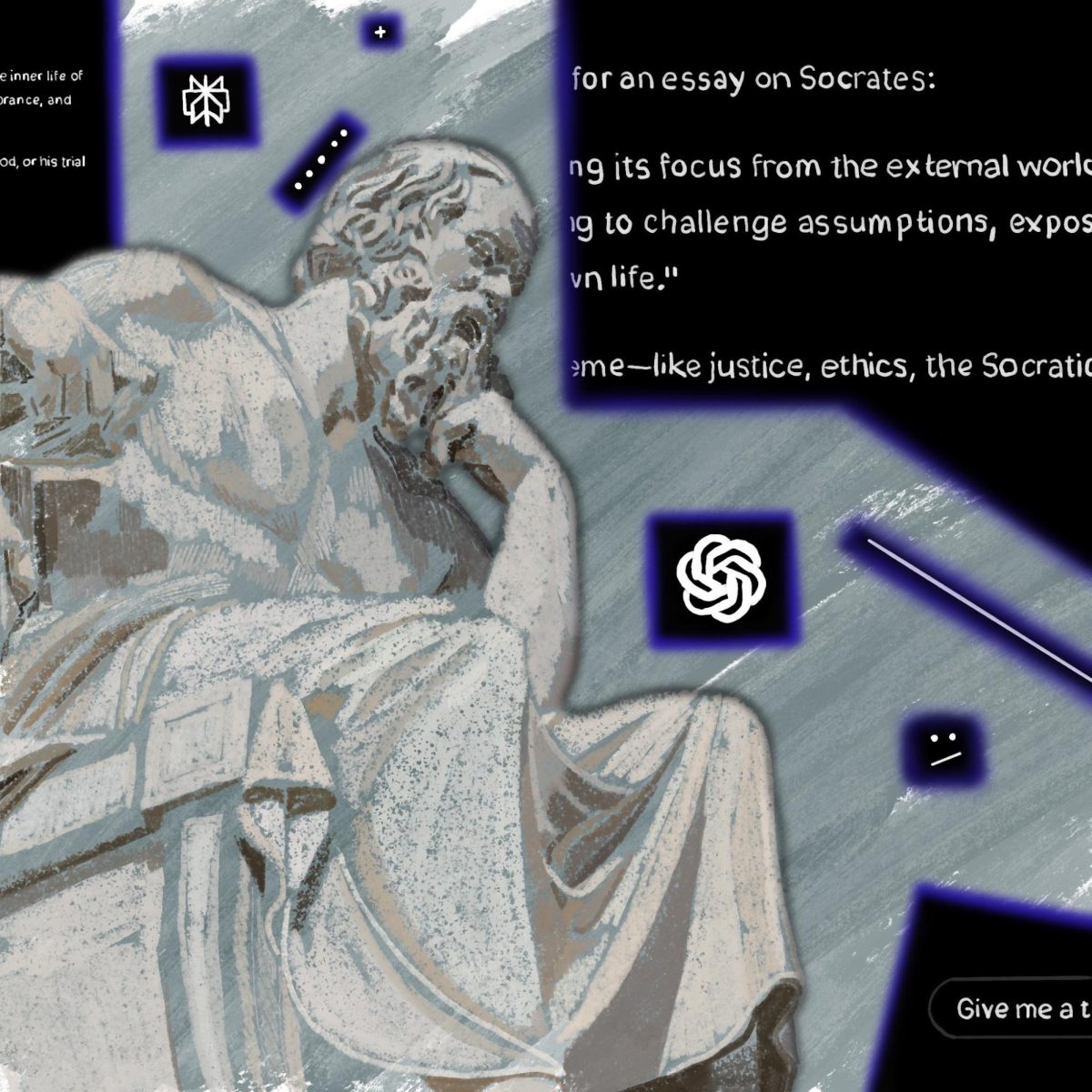I always thought it was well established that there are a few things you should avoid calling attention to in a conversation, such as a person’s weight, salary, or impending graduation. However, my attempt to remain in denial about being a senior has been repeatedly foiled—various underclassmen have made a sport out of asking me every day this quarter how it feels to be a senior, and the College Programming Office (CPO) has gotten in on the act as well by soliciting submissions of senior memories.
Amid the expected prompts in the CPO survey on classes, Hyde Park, and roommates, one that made me raise my eyebrows was, “When I realized I was ‘uncommon’…” I’m assuming that the answers provided by seniors will largely be in a humorous vein, but those who’ve heard the phrase “Common App” uttered with contempt will also recognize that the preoccupation with “uncommonness” here has also often been sincere.
In the past, there’s been hand-wringing over the admissions office taking new students who dare to care about such ordinary things as getting good grades or being employed—basically, students who don’t fit the “uncommon” UChicago identity constructed from our folklore. But even as a fourth-year, I can’t point to a moment in college when I realized that I was uncommon, unless you count the time at my house table when the opinions I expressed on fruit salad were met with dead silence. I’m fine with that. I’m not the kind of person who gets irritated when a lot of other people like the same books that I do, or when they have the same hobbies. I don’t want to be uncommon for the sake of being uncommon, because I don’t believe that uncommonness in and of itself can be an identity. It’s intrinsically contradictory to expect people to be uncommon in the same ways that their predecessors were uncommon.
If the College wishes to emphasize uncommonness, though, I think the focus should be less on trying to demonstrate one’s own uncommonness and more on developing the capacity to recognize uncommonness in others. I’m concerned that we’re too quick to dismiss people whose lives we don’t know about simply because we assume that the switch to the Common App produces cookie-cutter applicants. Sure, the University is casting a wider net, but this also means adding many new voices to the mix. During college, I’ve met many people whose experiences may have seemed ordinary to themselves, but were quite novel to me. The answers we could provide to, “When I realized someone I knew was uncommon…” would be far more interesting than the CPO’s original prompt, because it says something about the growth of our own perception and knowledge.
As we move from place to place, our level of uncommonness relative to others will change. The things that made me uncommon in high school are things that might be considered quite ordinary in college. The grades and test scores I got in high school could be matched by many of the others admitted with me. My extracurricular involvement was solid, but I wouldn’t have difficulty finding someone else with a more impressive résumé I was the odd kid in grade school who referenced books that nobody else had read; now, my references aren’t considered so obscure. Even if I’m not as uncommon as the archetypal UChicago student is supposed to be, I’ve worked on seeking out new ideas and adding to them with my own, because that ability will always be useful.
Though uncommonness shouldn’t be thought of as an identity, it is most useful when placed in the context of individual goals. As someone interested in a career in research, I value uncommonness insofar as seeking original ideas makes us challenge ourselves and look at the world differently. Crucial traits for producing original, influential work include exceptional patience, indefatigability, and self-actualization, and I envy those who possess those qualities. But while those traits are uncommon, they require experience to recognize and therefore do not have the immediate impressive power that quirks like riding a unicycle or casually quoting Durkheim at lunch can. Nevertheless, being less noticeable does not make an uncommon trait less valuable.
However, if it’s any comfort to those still nostalgic for the pre–Common App days, I can assure you that my friends who attend other colleges still consider the student body here incredibly, incredibly strange.
Jane Huang is a fourth-year in the College majoring in Chemistry.







